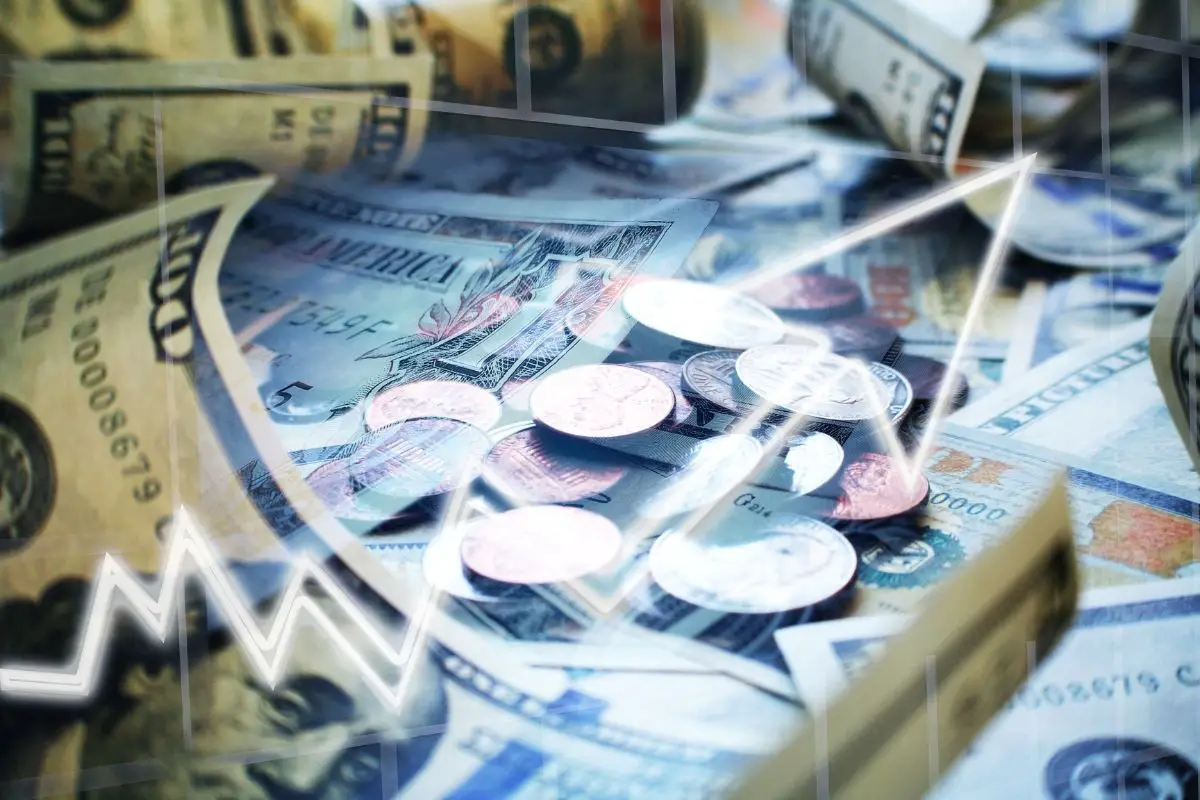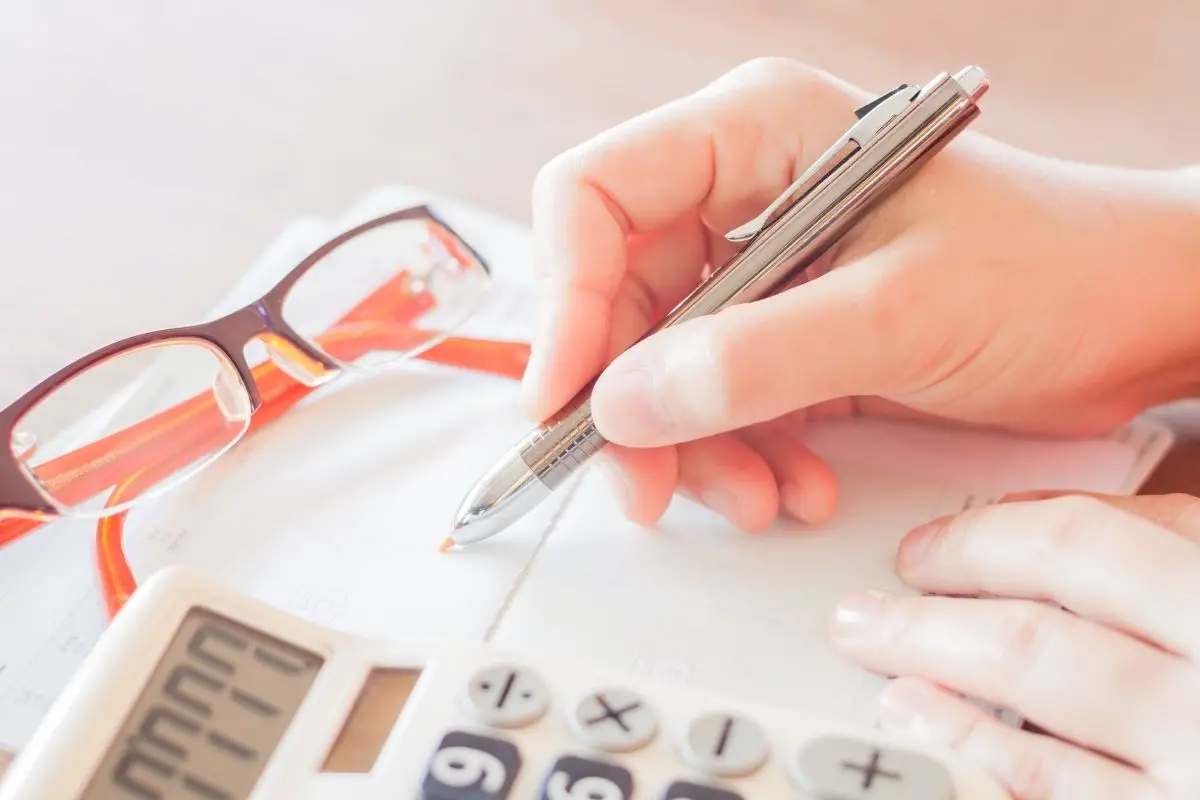You might be looking to invest in something like stocks or property, and you could be weighing up the risks and rewards, such as the volatility of the market or making a regular income.
If you add this to the capital gains tax, you’ll have to pay if you sell your home or make a realized gain.

This is how the government gets their cut on gains, so it may seem these gains aren’t worth it and give you less of a cut of the pie, and even less if it’s a small piece in the first place.
Putting all that to one side for a moment, there are ways that you can reduce this tax bill by identifying what assets qualify for this treatment by adopting strategies that may minimize or avoid capital gains tax altogether.
If you want to be more confident in your investment choices and minimize risk, then read on.
Contents
What Is A Capital Gains Tax?
Put simply, a capital gains tax is when you realize a profit or gain from your investment, which is at a rate of around 10-15%, and won’t go beyond this rate for most people.
Some or all capital gain may be taxed at 0% if your taxable income is less than or equal to $40,400 if you’re single or $80,800 if you’re married and are filing jointly.
If you are making short-term or significant gains, you should be aware of the income tax rate, which can range from 10-37%, depending on the income you receive and your marital status.
These rates could change from time to time as the margins for these tax thresholds give you some room to maneuver, and depending on the state you live in, they could also have their own taxes and regulations that you may want to consider.
What Assets Qualify For Capital Gains Tax?
The best way to ensure you can effectively weigh up your investment choices is to know what assets fall under this tax, which are referred to as capital assets. Below are a few items you may want to take note of:
- Stocks and bonds.
- Your home and household furnishings.
- Your vehicle.
- Gold, silver, and other metals.
If you happen to have any self-created intangibles such as copyrights, patents, compositions, or manuscripts, then you will be excluded from this treatment.
This stretches to business inventory and depreciable business property, but these may not apply to most people who are just looking to invest in the right asset.
If the asset you’re interested in isn’t listed above, then all you need to do is check if you sold the asset for more than you paid for it, and if you haven’t sold it yet, you might want to factor in this possibility.
How To Minimize Or Avoid Capital Gains Tax
Now you have an idea of what assets to be wary of, you’ll need to build a strategy that incorporates this tax and other state taxes and regulations on top of this. Where do you begin?
Below we have some common methods that you might want to consider, but before you make any big decisions, you may want to consult advice from a tax advisor so they can put you on the right path.

Invest For The Long Term
If you own stocks in a company and hold them for the long term, you will pay the lowest rate of capital gains tax.
This isn’t a sure way to consistently be in the lower rate because, as we know, company performance can change drastically in a week or even a year, and you might want to sell earlier than you’d like.
This tip might be more beneficial to speculative investors who are monitoring the behavior of their markets closely. Still, you want to ensure that your asset doesn’t slip into a higher tax rate and use this factor in your strategy.
Use Capital Losses To Offset Gains
If you have an investment loss, you can take advantage of this by decreasing the tax on your gains on other investments.
Let’s say that you own two stocks, one worth 10% more than you paid for it, while the other is worth 5% less.
If you sell both stocks, the loss on the smaller percentage will reduce the capital gains tax that you would owe on the bigger one.
Give Stocks To Family Members
If you’re looking at a high capital gains rate, then you could be generous and give your appreciated securities to a family member who is in a lower bracket.
Those who receive the gift assume your cost basis for computing the gain but use their tax rate.
You have to ensure, though, that they’re in the lower tax rate as this is where the offset happens, and if you’re unsure, it’s best to get advice to ensure you’re following IRS rules.
Gift To Charity
If you’re feeling really generous, you could give your asset to charity as You don’t have to pay capital gains tax on land, property, or shares you give to your chosen charity.
You may have to pay if you sell them for more than they cost you but less than the market value. Work out your gain using the amount the charity pays you rather than the asset’s value.
Then you want to ensure that the asset you give to charity is applicable and applied for charitable purposes.
Conclusion
The tips above are a few ways to minimize or avoid the amount of capital gains tax you pay.
Still, it’s also worth mentioning here that you might want to calculate your basis, so your purchase price of the asset and other costs you incur, such as commissions, recording fees, or transfer fees.
Once you have made these deductions and incorporate the tax rules in your state, you can now get a better idea of how much you could gain from the asset.
This can be applied to processes such as selling a house, where you can avoid capital gains tax if you have a less than $250,000 gain on the sale of your home or $500,000 if you’re married and are filing jointly.





